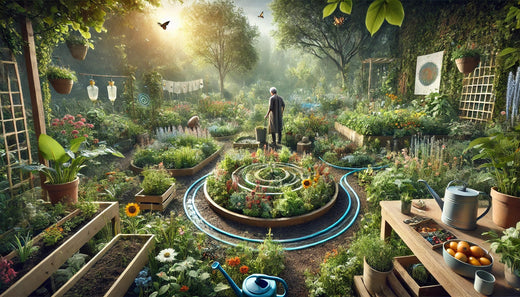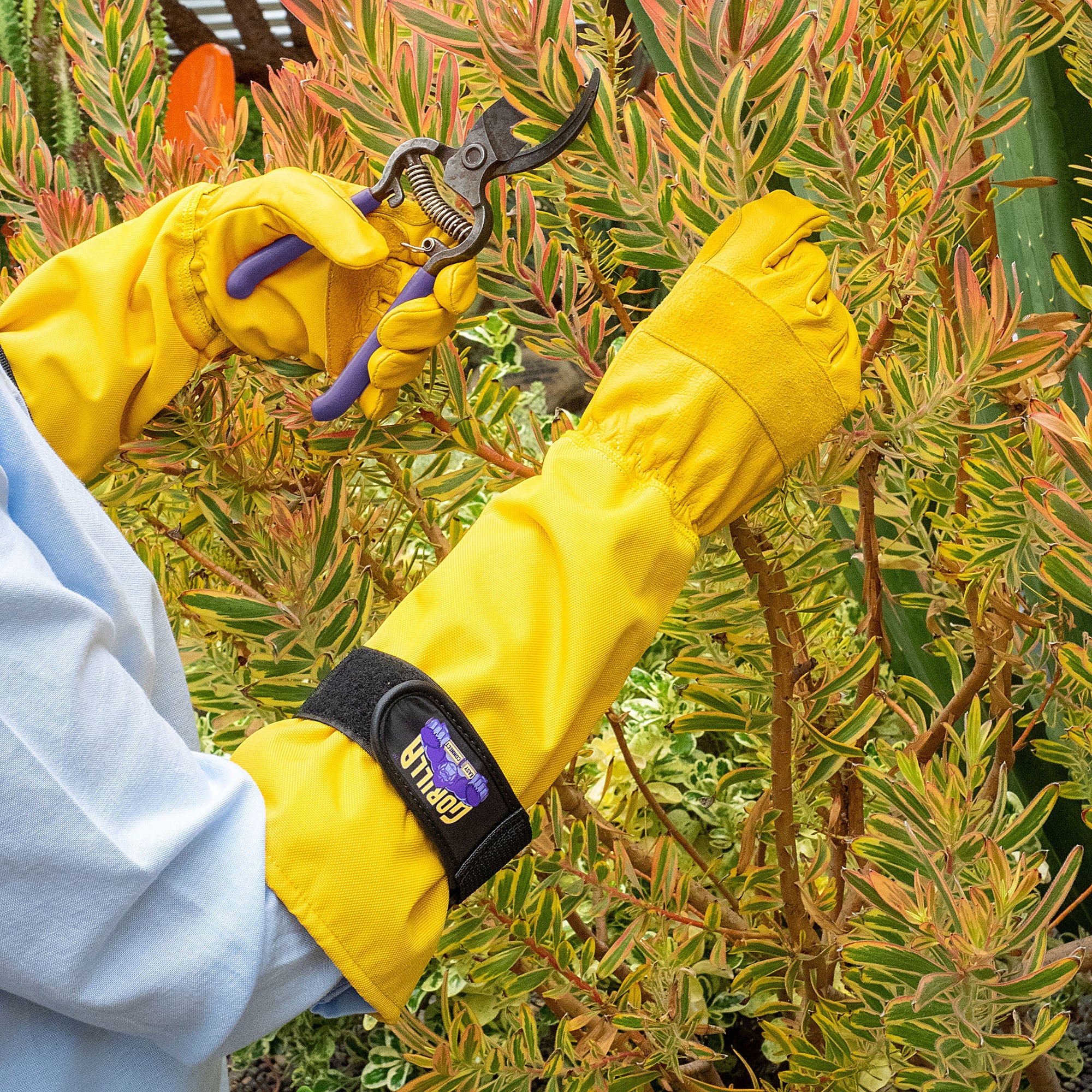
Gardening isn’t just about planting seeds and watering occasionally; it’s an art that thrives on sustainable practices. Creating a garden that flourishes sustainably involves understanding the ecosystem, maximizing resources, and nurturing plants with care. Here are some secrets to help your garden thrive while minimizing environmental impact.
- Composting Magic:
- Embrace composting! It’s nature’s way of recycling organic matter into nutrient-rich soil. Collect kitchen scraps, yard waste, and biodegradable materials in a compost bin. Over time, this compost becomes a powerful fertilizer, enriching your garden naturally without the need for chemical alternatives.
- Water Wisdom:
- Conserve water by employing efficient irrigation methods. Drip irrigation systems and soaker hoses deliver water directly to plant roots, reducing waste through evaporation. Collect rainwater in barrels to use during dry spells, harnessing nature’s gift to nourish your garden.
- Natural Pest Control:
- Attract beneficial insects like ladybugs, lacewings, and bees by planting native flowers and herbs. These insects help control pests that can harm your plants, maintaining a natural equilibrium without resorting to harmful chemicals. Additionally, when watering your garden, consider using a gardening spray nozzleto provide a gentle and controlled distribution of water, minimizing disruption to the insects and their habitats.
- Mindful Mulching:
- Mulch acts as a protective blanket for soil, reducing water evaporation and preventing weed growth. Use organic mulch like wood chips, straw, or leaves to retain moisture and add nutrients as it decomposes, keeping your garden beds healthy and vibrant.
- Thoughtful Plant Choices:
- Select plants adapted to your local climate and soil conditions. Native species often require less water and maintenance while providing essential support to local wildlife, contributing to a more sustainable and resilient garden ecosystem.
- Organic Fertilization:
- Instead of synthetic fertilizers, opt for organic alternatives like compost tea or natural plant-based fertilizers. These options nurture plants without introducing harmful chemicals into the soil, supporting a healthier garden environment.
- Continuous Learning:
- Stay informed about sustainable gardening practices and the latest gardening tools by attending workshops, joining gardening communities, and reading up on new techniques. Continuous learning not only helps refine your methods but also ensures you stay updated with the most effective tools to adapt to changing environmental needs.
- Patience and Observation:
- Lastly, be patient and observant. Understanding your garden’s needs through observation allows you to adjust care practices accordingly, fostering a harmonious relationship between your plants and the environment.
By integrating these sustainable practices into your gardening routine, you not only cultivate a thriving garden but also contribute positively to the environment. Sustainable gardening is a journey that promotes a deeper connection to nature while creating beautiful and bountiful landscapes for all to enjoy.


